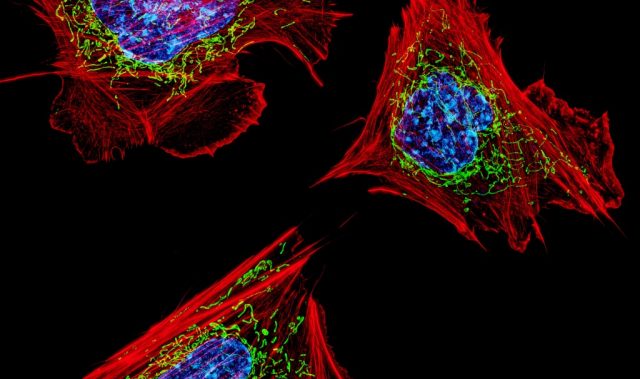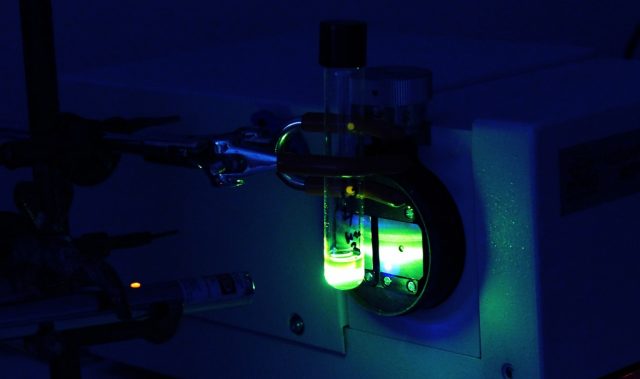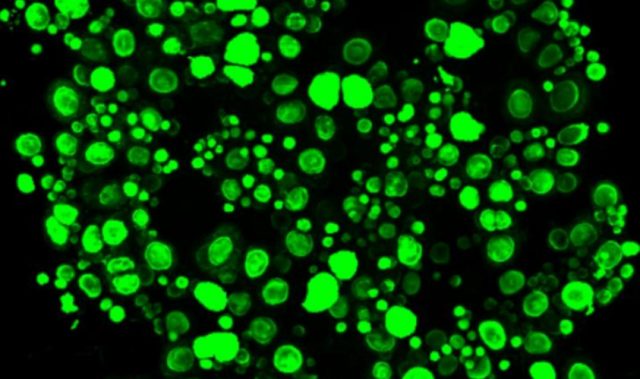
Asian Scientist Magazine (Jan. 03, 2024) —In a new study, researchers from Kyushu University and a Yokohama-based startup called Sotas Co., Ltd. presented a novel approach to help meet Japan’s ambitious goals of carbon neutrality by 2050. Japan ranks second in producing plastic waste per capita, globally. The study, published in Sustainability, highlighted the importance of environment friendly bioplastics and called for a major change in the country’s policies.
The main way Japan currently gets rid of plastic waste is by thermal recycling or incineration, leading to release of carbon dioxide, a gas that contributes to climate change, into the atmosphere. This has prompted the government to seek out greener, less conventional means of reaching carbon neutrality.
“We have examined whether switching to more sustainable recycled plastics and bioplastics is a competitive and effective alternative to current carbon reduction policies,” said Andrew Chapman, professor at the International Institute for Carbon Neutral Energy and Research, Kyushu University, in an article published by the university. Chapman is the corresponding author of the study.
The researchers looked at six common plastic types. Four key criteria—global warming potential, cost, recyclability, and perceived quality for manufacturers—formed the basis of their analysis. The researchers then calculated the desirability of each plastic type under various scenarios, shedding light on the complex trade-offs involved.
Virgin plastics, directly derived from fossil fuels, were found to be of high perceived quality but came with a steep global warming potential and elevated costs. Recycled plastics, on the other hand, presented a more sustainable and cost-effective solution, with a lower global warming potential. However, recycled plastics can be recycled up to some point and are of lesser quality, which raises red flags in their continuous use. Yuuki Yoshimoto, President of Sotas Co., Ltd, pointed out the need for a robust, centralized chain to ensure quality assurance.
“It’s important to establish a reliable system to track how many times a piece of plastic has been recycled to provide quality assurance to end users,” said Yoshimoto.
The study said that the bioplastics can be a potential game-changer because of their lowest global warming potential. To the researchers’ surprise, some variants of bioplastics even exhibited carbon negativity. However, they have higher production costs, limited drop-in replacements, and the need for crop-based bioplastics to grow on large fields of arable land. Professor Chapman urged further research into cellulose-based bioplastics produced from wood pulp, which does not affect land use for food production.
The good news is that people in Japan are already willing to pay more for environment-friendly bioplastics.
“This is a complex situation, with no one-size-fits-all solution. Ultimately, we hope this analysis can help policymakers decide what recycling processes to support and inform manufacturers which plastics can best meet their manufacturing and carbon reduction goals,” Yoshimoto said.
—
Source: Kyushu University ; JoshuaDaniel / Shutterstock.com
The article can be found at: Toward Economically Efficient Carbon Reduction: Contrasting Greening Plastic Supply Chains with Alternative Energy Policy Approaches
Disclaimer: This article does not necessarily reflect the views of AsianScientist or its staff.












